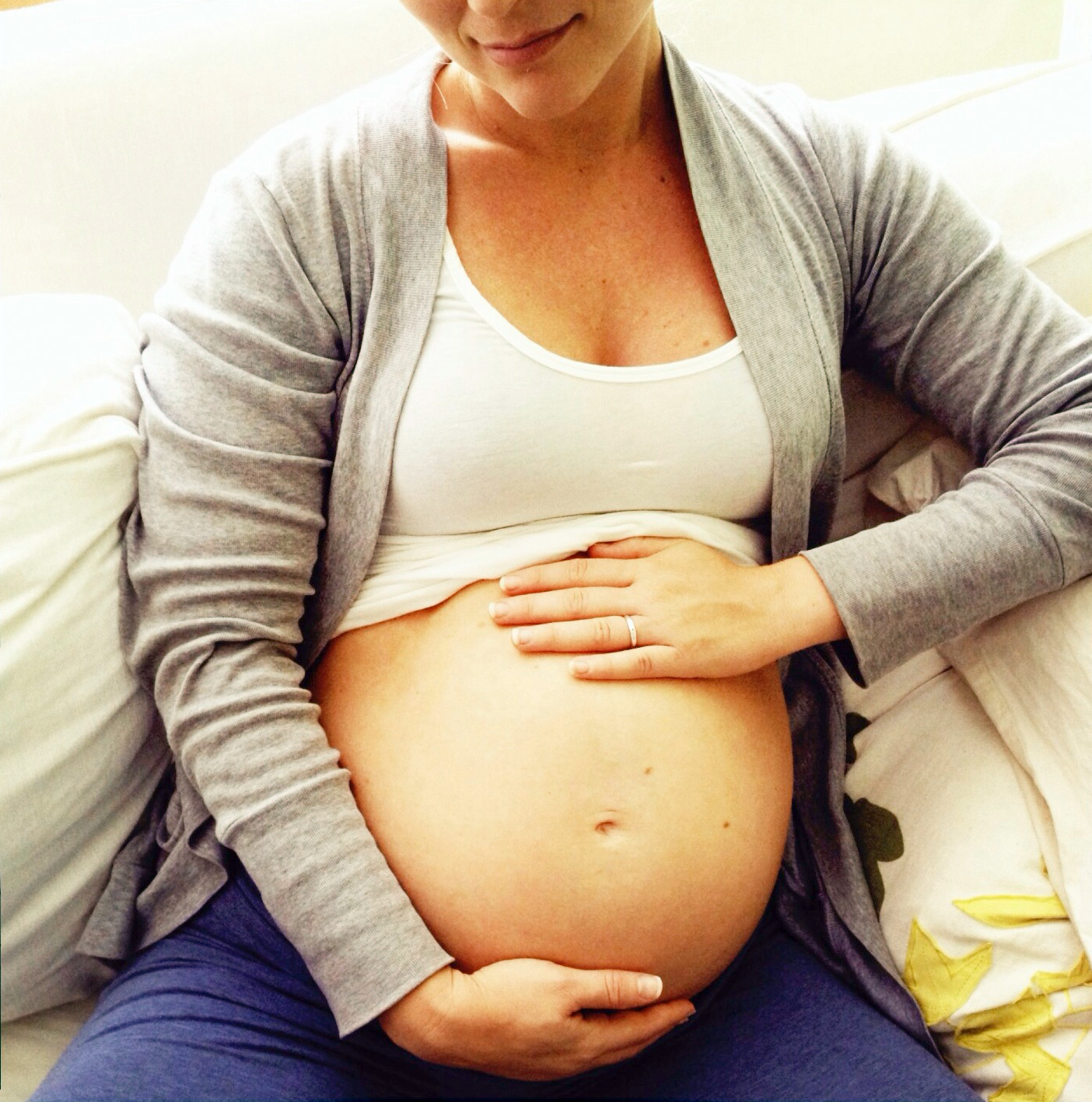Increased muscle tone, jitteriness, sleep disturbance, irritability, feeding problems, mild respiratory distress and myoclonus have been reported as symptoms of a potential neonatal distress syndrome related to exposure to SSRIs in late pregnancy. The average duration of symptoms reported is 48 hours. It is estimated that between 25-30% of SSRI-exposed infants are at risk for this syndrome. No treatment intervention is required. Reassuringly, follow-up studies have shown that at 2, 4, 6, and 8 months SSRI-exposed infants are indistinguishable from control infants without known exposure.
It has been debated whether the syndrome represents a withdrawal phenomenon or is merely the effect of the medication acting on an immature nervous system. Despite the fact that these symptoms occur in a minority of cases and are relatively mild and self-limited, the FDA issued a warning in 2004 recommending that “physicians consider a taper” of antidepressant medication prior to delivery.
A recent article from Warburton and colleagues, the group who had published several of the original articles on the subject, sought to examine whether stopping medication at least two weeks prior to delivery would change the risk for adverse outcomes. Thus, if the mechanism for the poor neonatal adaptation was either discontinuation (SSRI withdrawal) or toxicity (too much serotonin in an immature nervous system), tapering the drug before the last two weeks should greatly reduce the occurrence of the above symptoms.
Using population health data, maternal medical records and prenatal SSRI prescriptions, these researchers compared outcomes in infants who were exposed to SSRIs during the last 14 days of gestation to infants who had gestational exposure to SSRIs, but not during the last 14 days. The two groups differed slightly. The group of women who were continued on medication until delivery were older, had higher incomes, and were more frequently diagnosed as depressed during pregnancy, and their neonates had four times the gestational SSRI exposure as infants in the control group. The neonatal outcomes assessed were length of stay in hospital, respiratory distress, convulsions, feeding problems, and jaundice.
Infants exposed to SSRIs during the last two weeks of pregnancy were more likely to exhibit respiratory distress than the infants in the control group (15.3% VS. 10.0%). Increased risk for neonatal respiratory distress was present where L14 exposure occurred compared with risk where exposure stopped before L14. However, when they controlled for maternal illness severity, the differences between the two groups disappeared.
Therefore, at least in this register study, there was no decrease in symptoms among neonates who experienced a ‘washout period’ at least two weeks prior to delivery. This may mean that another mechanism may be responsible for the distress syndrome reported in neonates exposed to SSRIs. The authors suggest that perhaps a neurobiological disturbance, potentially caused by maternal illness itself, earlier in the pregnancy or SSRI exposure earlier in the pregnancy is responsible. The authors note importantly that they did not control for smoking, alcohol use, and substance abuse in this study, which are factors which may also affect birth outcomes. They conclude that reducing late third trimester exposure to SSRIs would not substantially reduce the risk of the neonatal outcomes measured in this study.
Kim Pearson, MD
Costei AM, Kozer E, Ho T, Ito S, Koren G. Perinatal outcome following third trimester exposure to paroxetine. Arch Pediatr Adolesc Med. 2002:156:1129-1132.
Laine K, Heikkinen T, Ekblad U, Kero, P. Effects of exposure to selective serotonin reuptake inhibitors during pregnancy on serotonergic symptoms in newborns and cord blood monoamine and prolactin concentrations. Arch Gen Psychiatry 2003;60:720-726.
Zeskind PS, Stephens LE. Maternal selective serotonin reuptake inhibitor use during pregnancy and newborn neurobehavior. Pediatrics 2004;113:368-375.
Levinson-Castiel R, Merlob P, Linder M, Sirota L, Klinger G. Neonatal abstinence syndrome after in utero exposure to selective serotonin reuptake inhibitors in term infants. Arch Pediatr Adolesc Med 2006;160:173-176.
Warburton W, Hertzman C, Oberlander TF. A register study of the impact of stopping third trimester selective serotonin reuptake inhibitor exposure on neonatal health. Acta Psychiatr Scand 2010; 121(6): 471-9.







Thank you for your updates on Pregnancy and Psychiatry!
Are SSRI’s excreted in breast milk? If so a woman who continues SSRI’s through delivery and begins breast feeding immediately post partum and continues through one year, would never expose her infant to an abrupt withdrawal from SSRI’s. Breast feeding naturally diminishes over one year resulting in very gentle tapering of infant SSRI exposure.